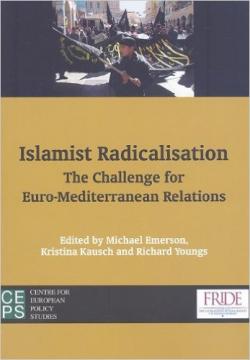How can Europe engage with Islamist movements?

This chapter tackles two principal questions: First, why engage with Islamist movements? And second, how engage with them? In what follows we are concerned exclusively with mass Islamist parties, which are primarily national in character, support base and objectives, and which are fundamentally detached and distinct from global jihadist movements. To answer these questions, this chapter first sets out the objectives that Western engagement with Islamist actors could realistically pursue, explaining how the formulation of these objectives hinges upon a ‘political’ rather than ‘religious’ reading of Islamist movements. Second and precisely because we do not consider political Islam a unique phenomenon, we turn to Europe to seek lessons and best practices of engagement with national opposition movements in other authoritarian contexts. In particular, we analyse American and European methods and experiences of engagement with opposition actors in Franco’s Spain, Kuchma’s Ukraine and Shevardnadze’s Georgia, before applying, mutatis mutandis, these lessons to the case of Western engagement with political Islam.
-
Dati bibliografici
in Michael Emerson, Kristina Kausch, Richard Youngs (eds.), Islamist Radicalisation. The Challenge for Euro-Mediterranean Relations, Brussels, Centre for European Policy Studies (CEPS) and Madrid, FRIDE, June 2009, p. 151-169 -
ISBN/ISSN/DOI:
978-92-9079-865-1
Introduction
The objectives of Western engagement with political Islam
Lessons from Europe: The Cases of Spain, Ukraine and Georgia
The nature and format of Western–Islamist dialogue at the civil society level
Training and capacity building with opposition actors: Broadening the scope of engagement
Political pressure: A sine qua non for effective engagement
Conclusions



